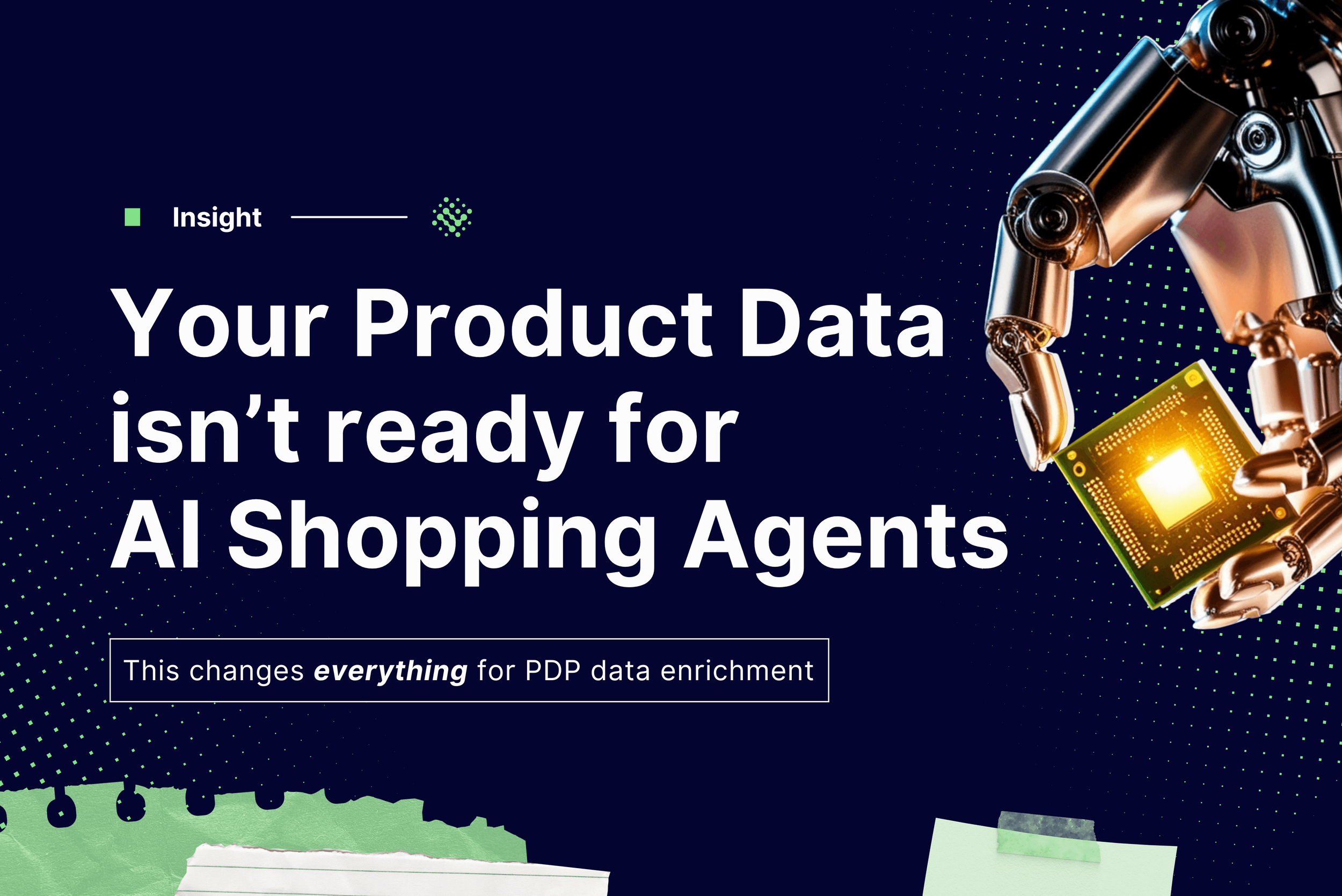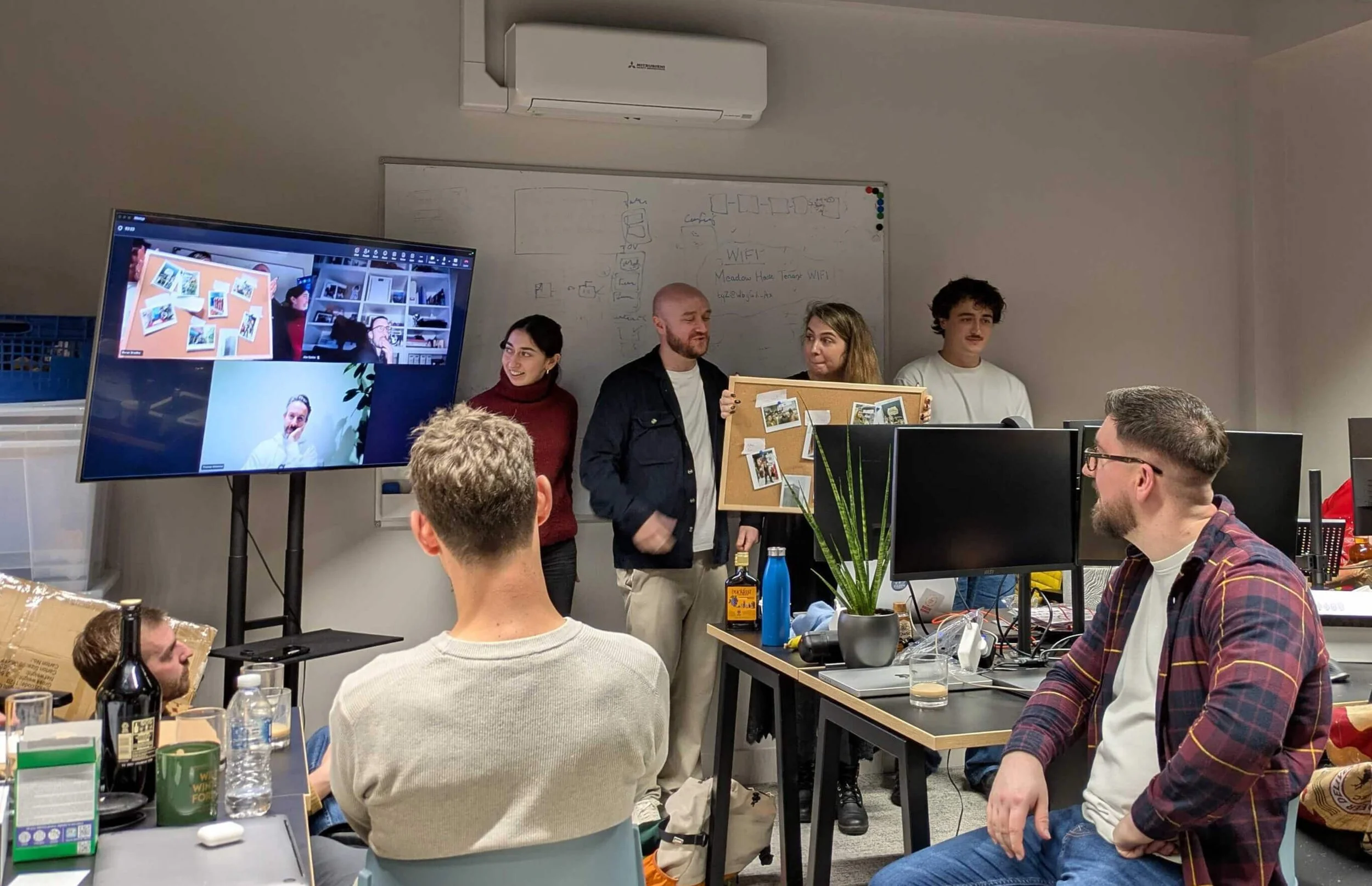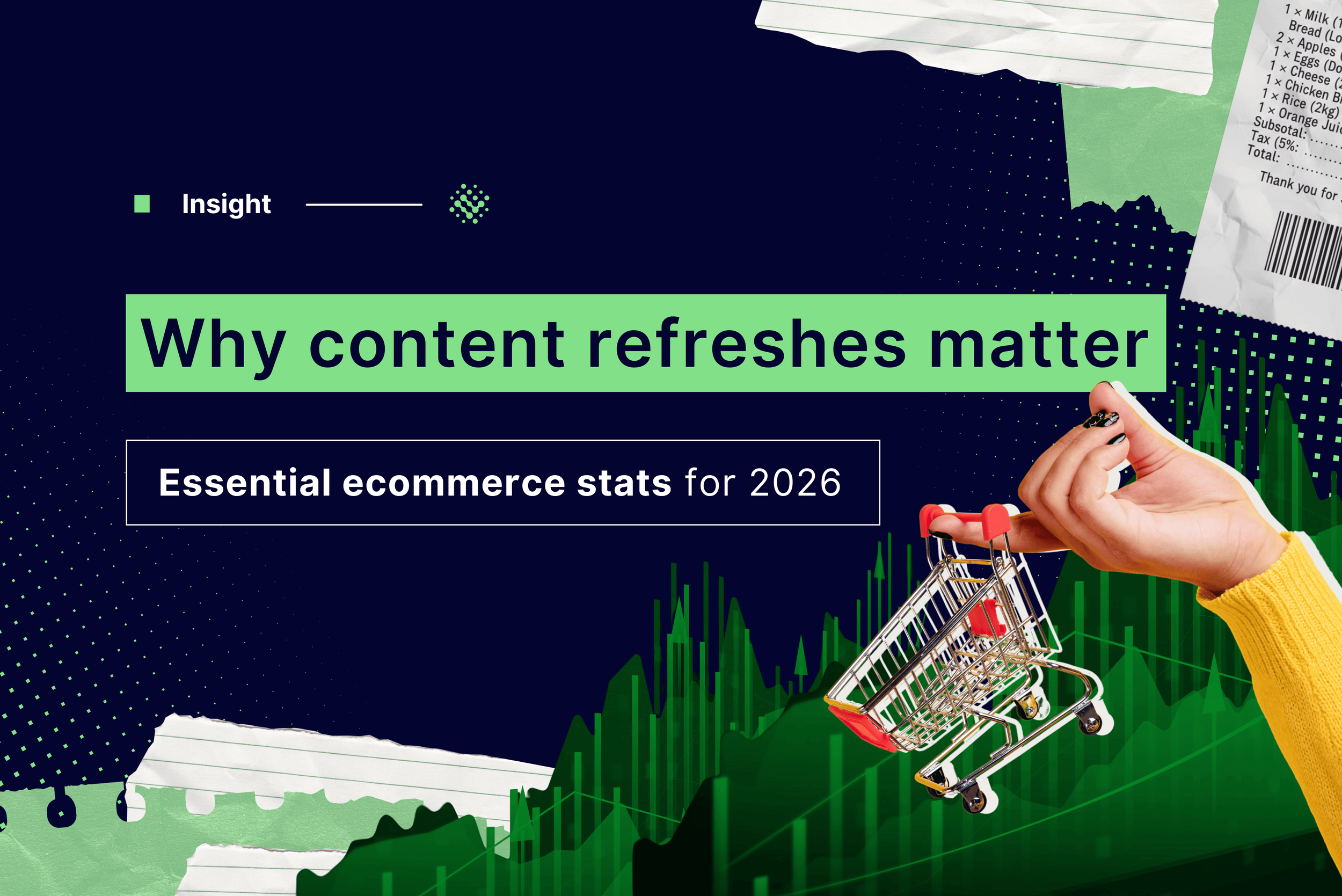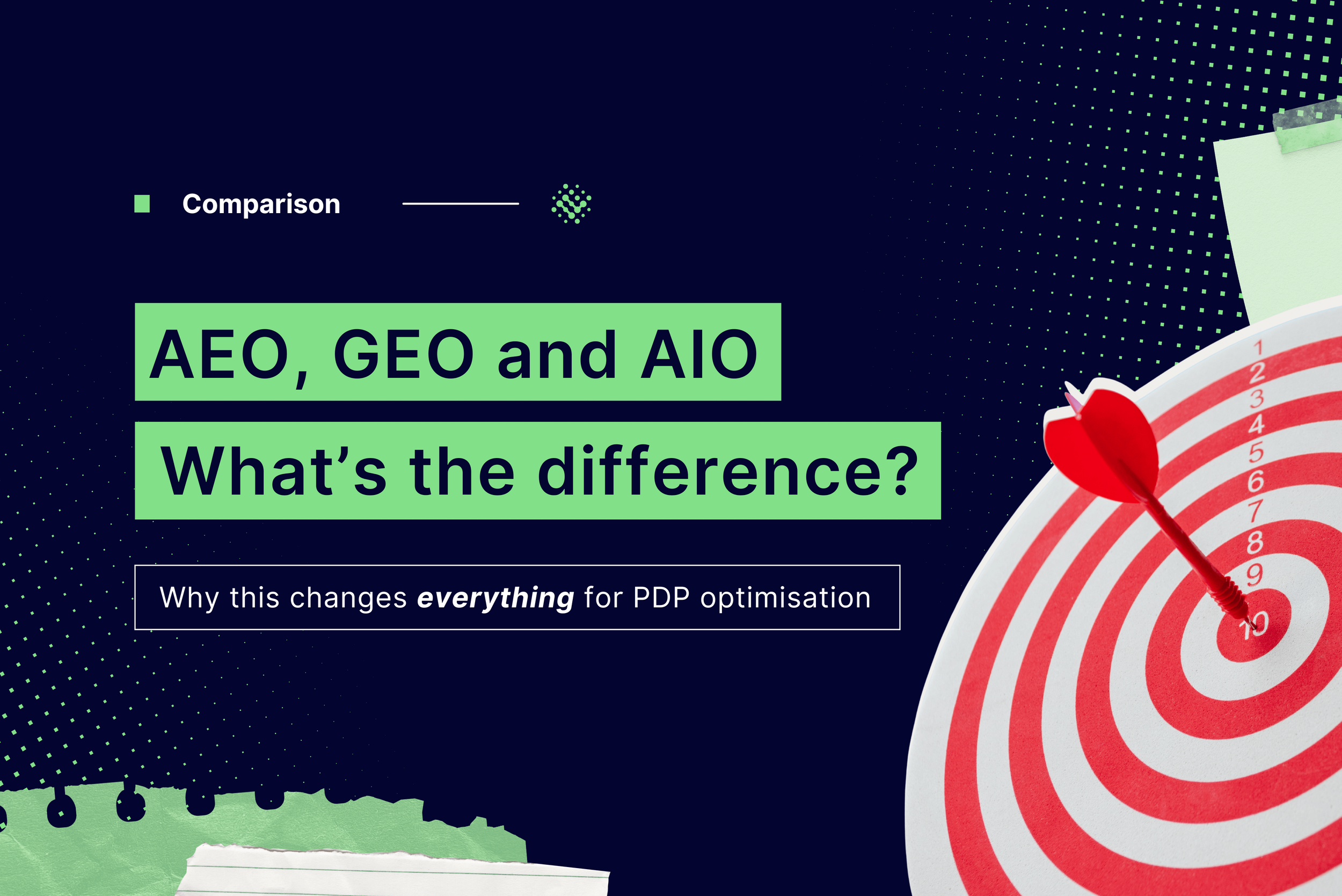4 Ways for Retailers to Win this eCommerce Crunch Period
These are the key areas for retailers as we head into one of the busiest times in the eCommerce calendar.
#1: Your customers are spending mindfully, and prioritising value and quality.
This is probably at the forefront of everyone's mind, both for customers and for businesses themselves: the current economic hardship and what customers are currently going through. Everyone, myself included, is very mindful of how they spend money and what do they spend on.
What that means is that consumers are refocusing on what value means to them and spending more intentionally as a result, expecting considerably more from the brands they continue to be patrons of.
People are more conscientious in the sense that they’re not stopping spending completely – but instead of buying five t-shirts which would all disintegrate in the wash in the next month, they might buy one that's going to last them a while.
But most importantly, when consumers are looking to buy, they want something that lasts – or they’ll at least go through a much longer, more thoughtful process.
So, what does that mean for you? When your customers finds your product, it really matters that you convert them, because you might not get another chance, as either they shop less, or they buy from someone else.
#2: Retailers need to make their websites work hard for them.
A similar approach applies to retailers, as everyone needs to tighten their belts. All the budget that is spent on marketing or conversion optimization tools and so on… retailers really don't have the luxury to waste that investment and almost “throw it away” by not optimising their website as much as they can.
For example, if you have a very large spend on paid search, if your customers bounce immediately, you still pay for that click. If your bounce rate is 30-40%, that means you're wasting 30%-40% of your money. Now, that is one of the things that Ocula can help with, by optimising your product page copy to maximise customer conversion.
The same goes for things like Facebook and iOS targeting, or any other regulation changes that are coming into market. You need to stay on top of these and understand how that impacts your business and put aside time for it.
If you're losing your customers in the funnel, again, you're losing money both on the marketing you paid for them and on the money they could have given you.
#3: Slow and steady can win the race.
There is an interesting emerging trend that perhaps customers are not as obsessed with very fast, free or cheap delivery as they used to be.
There was the obvious peak of this during COVID where everything needed to be delivered to your home and you had the rise of numerous “we’ll deliver for you in the next 20 minutes, 10 minutes, 5 minutes” companies.
However, we're now seeing a lot of these startups are either failing or consolidating, while new general trends from customer surveys even show Prime membership cancellations… which all suggest that some customers actually don't care so much about getting that specific thing tomorrow.
When we look at this, there's of course loads of questions about the sustainability of such practises, because what we find is there are three elements to look at: the shipping can be cheap/free, very fast or sustainable.
Unfortunately, you can't have all three: customers are realising this and are increasingly willing to give at least one of them up.
The question is for you as a business to figure out which one of these three factors your customers will be more comfortable with giving up and then delivering on the other two. Avoid trying to chase the impossible: sustainable, cheap and fast delivery.
#4: Technological advances don’t stop, and great digital experiences are the new normal.
Last, but by no means least, you’ve got to think about all the other trends that have been talked about over the last year or two. This includes topics like the rise of social commerce, mobile-first metrics, stronger focus on video content, etc.
On one hand, customers have got used to needing some things to be fast - maybe if it's not delivery, it's technological advances and performance. These trends are still moving at pace as the internet is still getting cheaper and faster, and phones continue to get better every year.
Your website has to perform. Your website has to work very well on mobile. You have to have some visual content there and so on and so forth. So, just sticking something with one image and a title on the website and expecting it to sell is no longer a thing.
We’re seeing innovation every day here; for example, Amazon just introduced a 360 view of some of their key products. Clearly, these expectations are not going anywhere.
Whilst this comes on top of all the other areas getting harder, with retailers having less budget to spend and changing consumer spending behaviours, it's still the case that (unfortunately or fortunately) some expectations are not standing still, so you really need to stay on top of things to keep up.
Curious to see how Ocula could work for your eCommerce business? Book a no-commitment demo including personalised sample copy here: Ocula Demo
About the author
Ivan Slobodin was a Product Lead at Ocula. He began his career in app analytics, quickly moving into marketing technology, which he then converted into a marketing technology expert role at Bain & Co. Ivan has worked with numerous large organisations across Retail, Luxury, Technology and other industries, supporting on solving critical challenges in eCommerce, technology and marketing.
References
Predictions 2023: Consumers Will Spend More And Demand Better: Predictions 2023: Consumers Will Spend More And Demand Better
Mintel Announces Global Consumer Trends for 2023: Mintel Announces Global Consumer Trends for 2023





